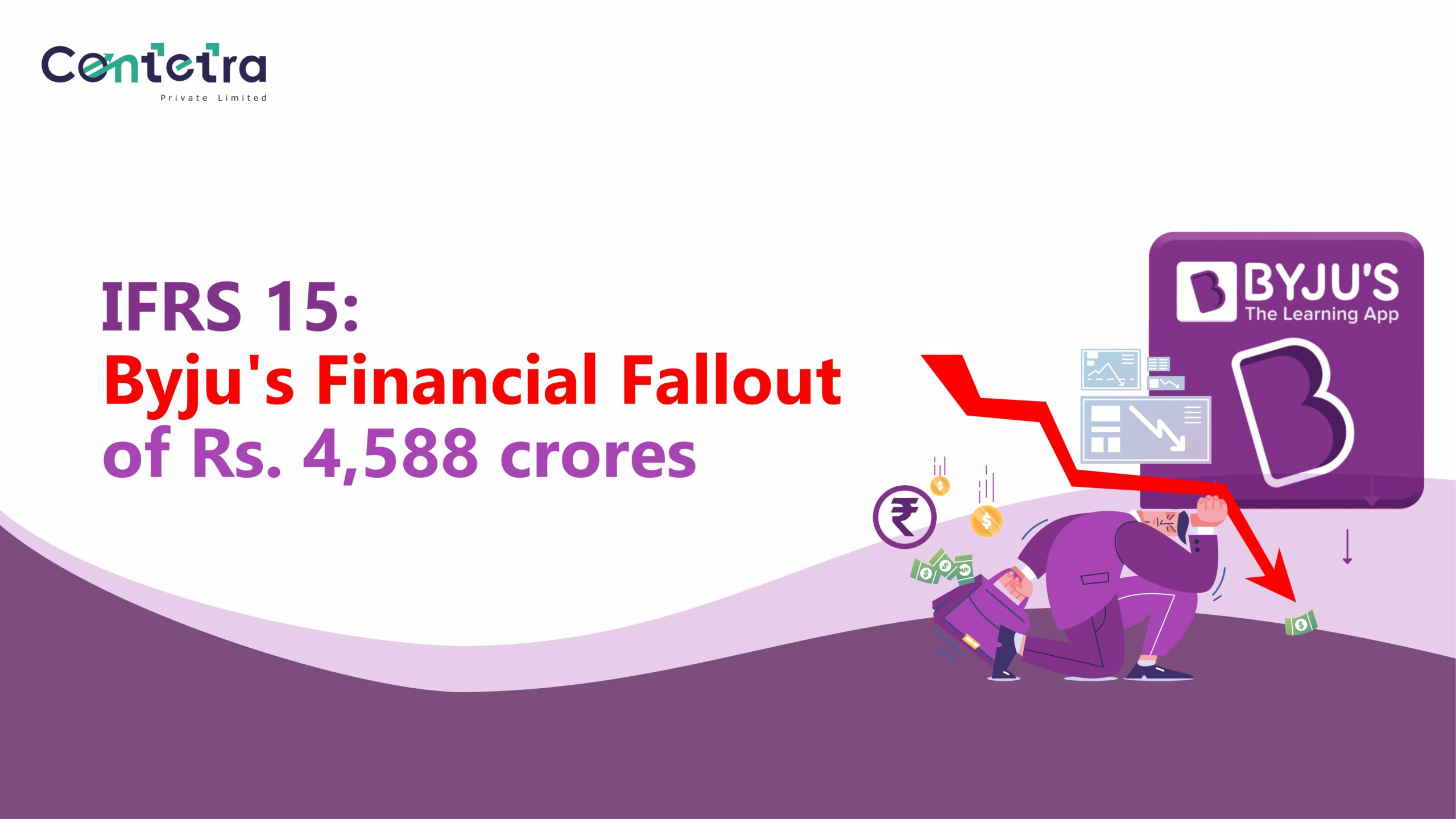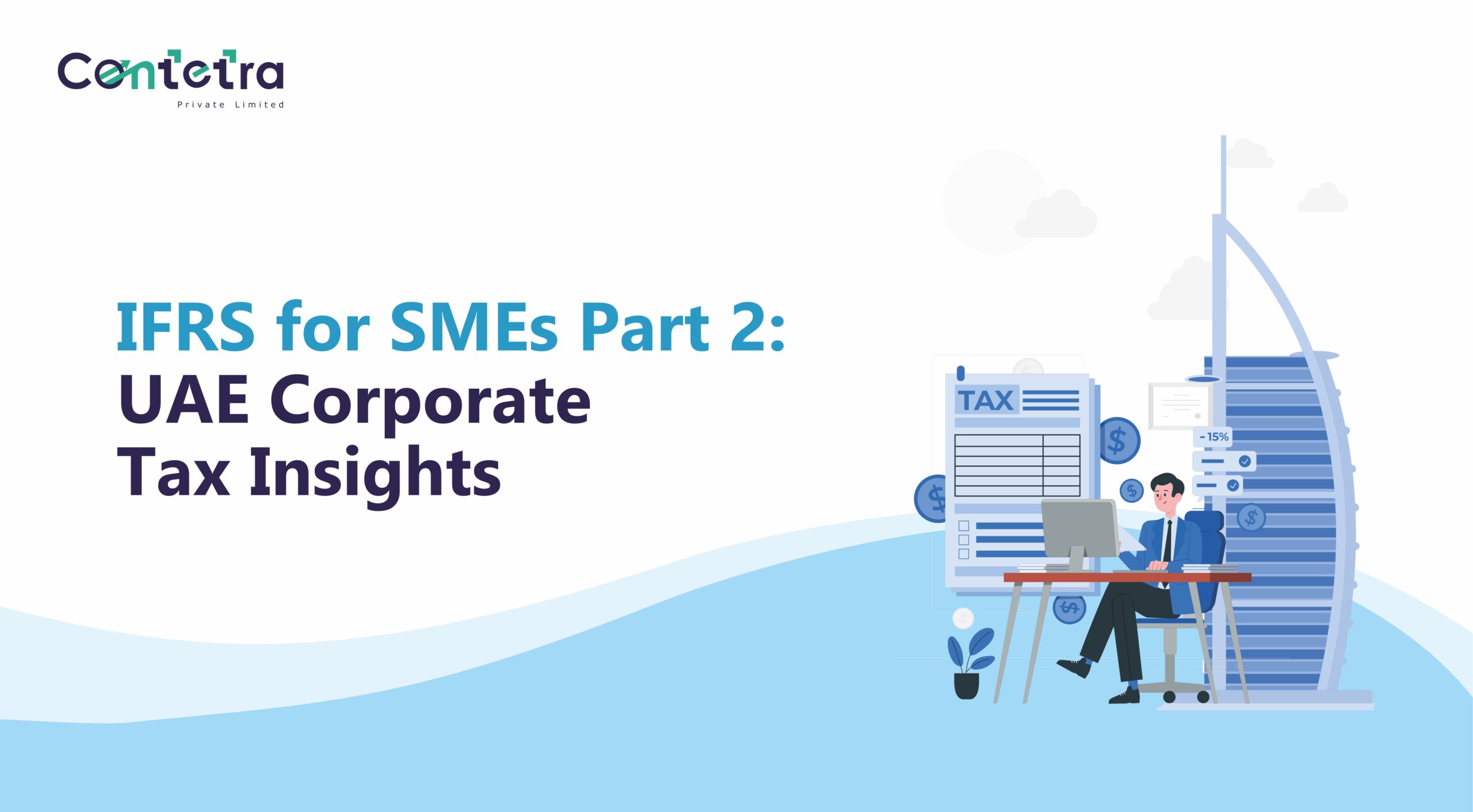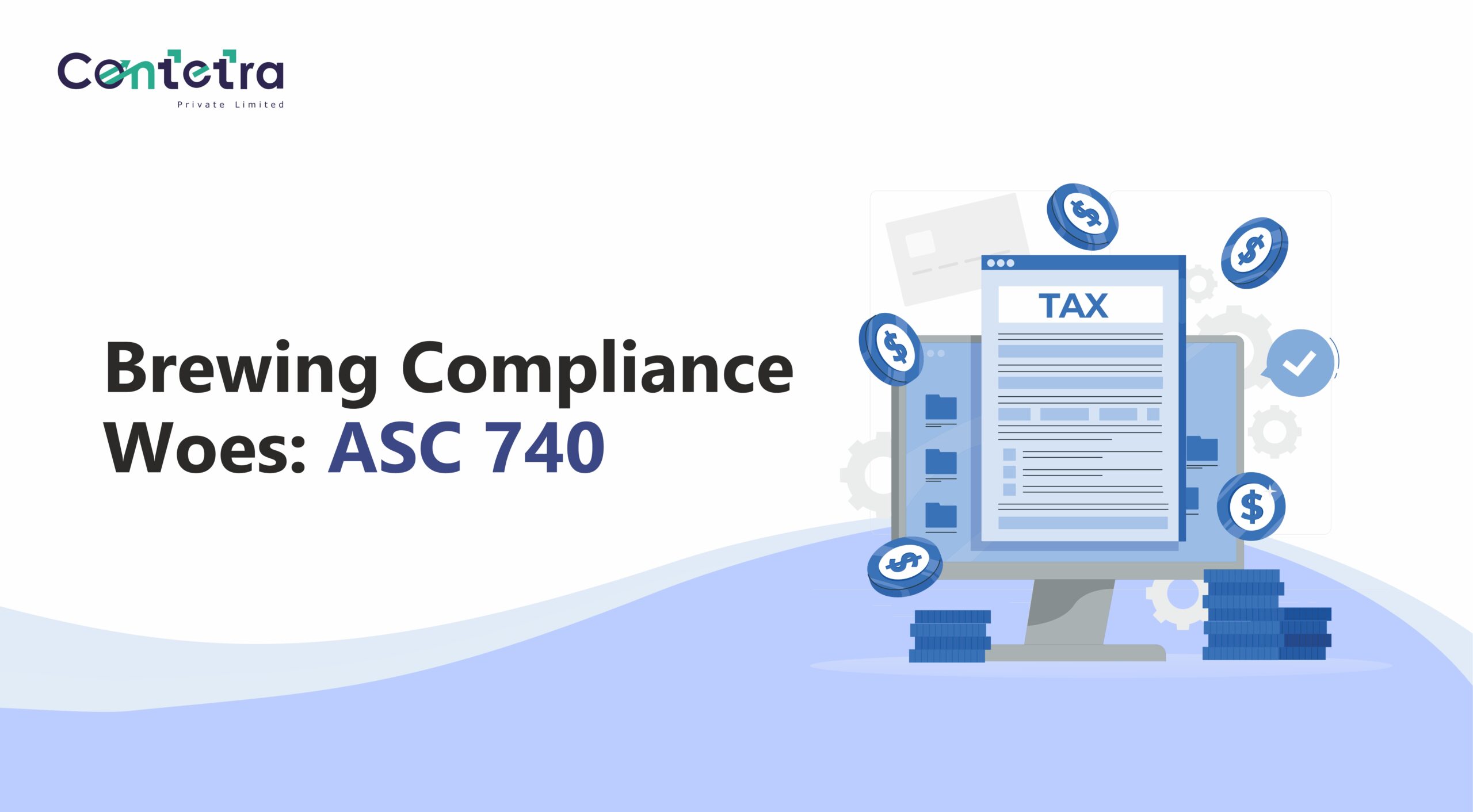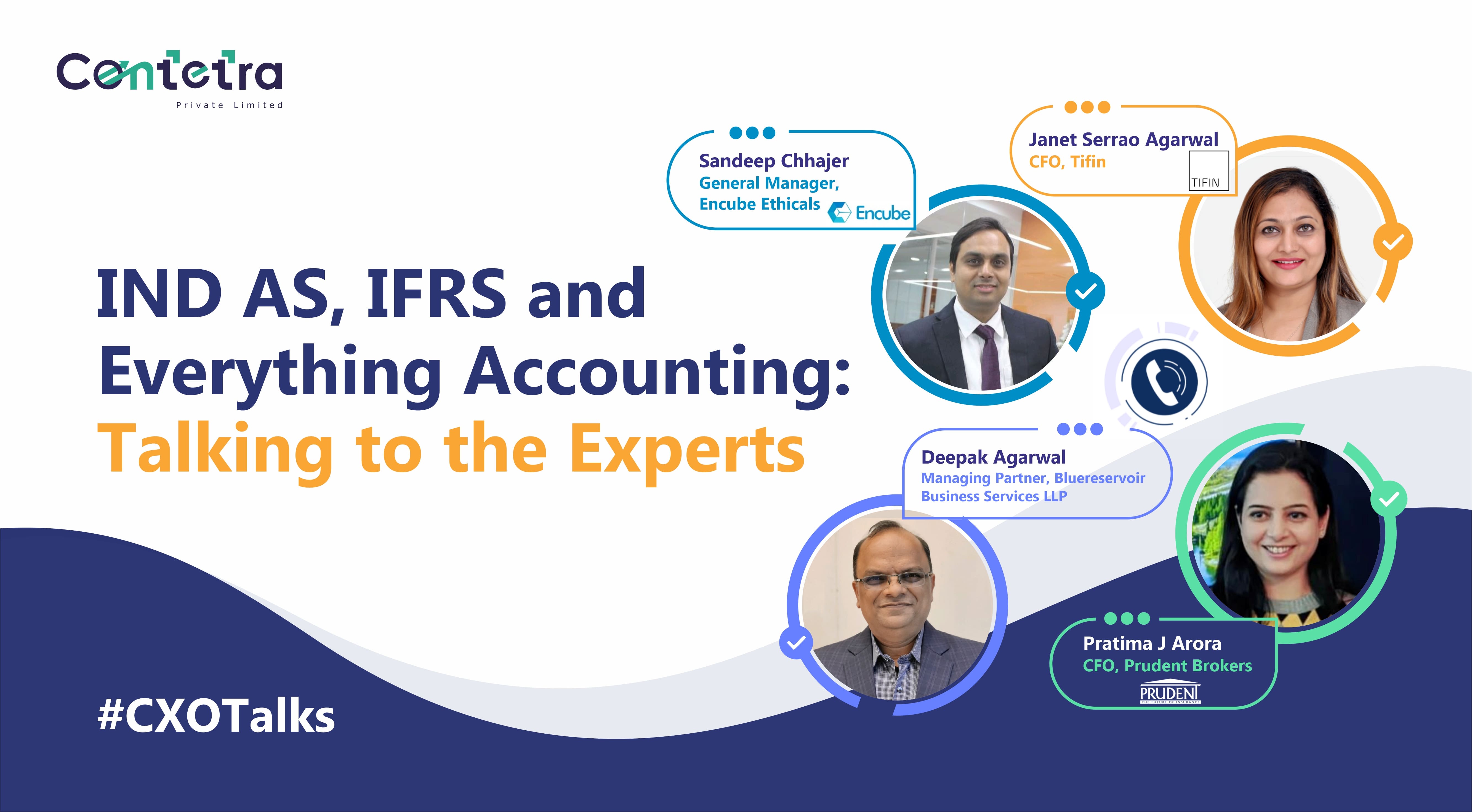Did you know Byju’s reported a loss of Rs. 4,588 crores in FY 2021, which was 19 times higher than FY 2020? However, the company says it could report only 52% of the cash revenue in FY 2021.
But what led to such a significant financial discrepancy in one of the world’s most valued ed-tech firms?
Well, the company missed out on a major aspect of accounting and reporting, “Revenue Recognition.” You see, Deloitte, the primary auditor of Byju’s realised that the company was using the cash basis of accounting rather than an accrual basis, which is preferred as per International Standards. To revise the revenue recognition method, Deloitte put in an additional 3,500 hours to rework the financials. This caused the 17-month delay in the FY21 ROC filing.
The 5-Step Model
To know the scoop on Byju’s, let’s first understand the concept of revenue recognition.
Revenue from Contracts with Customers, or IFRS 15, is a comprehensive standard introduced by the International Accounting Standards Board.
The core principle of IFRS 15 is that revenue recognition is done by an entity to depict the transfer of promised goods or services to customers in an amount that reflects the consideration to which the entity expects to be entitled in exchange for those goods or services. This principle is applied through a five-step model:
- Identify the Contract(s) with a Customer:
In the case of Byju’s, the customers will be the students or the parents/guardians who will buy the service on behalf of the students.
- Identify the Performance Obligations in the Contract:
According to the contract, Byju’s will provide educational services to the customer.
- Determine the Transaction Price:
Every contract will be based on a certain amount. Both parties mutually agree upon this amount.
- Allocate the Transaction Price to the Performance Obligations in the Contract:
For example, the student may avail streaming services, books, and personalised sessions. Each service will be allocated differently, as books are considered as one-time transactions, while streaming services will be on a continuous basis.
- Recognize Revenue When (or as) the Entity Satisfies a Performance Obligation:
As the streaming services will be realised by the customer, the company will be recognizing the revenue.
The Byju’s Story
But why was Byju’s so confused and why was the revenue recognition deferred in the first place?
- First, in a subscription business model, the revenue must be accounted for once the services are delivered, accounting as a liability until the services are delivered.
- Second, sometimes the customer takes a loan to pay for the services. In that scenario, Byju’s acts as a guarantor and would be liable if the customer defaults on payments. Thus, this increases the liability side in the balance sheet.
Now, let’s understand what happened with Byju’s in FY 2021 with the help of a student named Raju.
Raju availed of live tuition services for the next 2 years. Raju paid Rs. 48,000 in May 2020.
Before the change in method, Byju’s was recognising the whole Rs. 48,000 as revenue under FY 2021. However, Raju will realise the services until May 2023.
After the change in method,
Revenue recognised during the year:
FY 2021 | Rs. 22,000 |
FY 2022 | Rs. 24,000 |
FY 2023 | Rs. 2,000 |
Due to this phenomenon, the company readjusted its revenue from operations to Rs. 2,280 crores, which is 40% lower than the actual cash revenue.
This 40% revenue was accounted as deferred revenue, which is a liability for the company.
But apart from its delay and backlash, Byju’s incurred a few other losses/charges due to wrong accounting practices.
- Rs. 3.5 crore to Deloitte for an additional 3,500 hours to readjust the financials.
- Rs. 138.55 crores to GST Intelligence against books supplied from July 2017 to October 2020, including interest and penalty.
- 18 times the normal ROC filing fees as a penalty for a 17-month delay.
Byju’s strategy of growth through acquisitions, including notable names such as Aakash Educational Services, Great Learning, and Epic, introduces complex dynamics in financial reporting. The integration of diverse business models necessitates a nuanced approach to revenue recognition, especially under the stringent requirements of IFRS 15 Revenue Recognition. This scenario underscores the importance of meticulous financial planning and the harmonization of accounting practices across acquired entities to ensure compliance and accurate representation of financial health.
The financial restatements and adjustments have inevitably impacted investor confidence and Byju’s prospects for future fundraising. This situation highlights the critical importance of transparency, compliance with international accounting standards, and effective communication with stakeholders to rebuild trust and ensure the continued support of investors.
Do you want to make sure you are not in the same boat as Byju’s?
At Contetra, we work with CFOs and senior finance leaders (who are possibly the busiest folks in the industry!) on various fronts – whether it is preparing their financial statements to ensure a smooth year-end audit or streamlining their FP&A functions. Our aim is to put more time back in your day so that you can focus on the growth of the company and leave the cumbersome tasks to us!
Visit our page to know more about us and how we can help you – https://contetra.com/technical-accounting-international-gaap-advisory-services/














